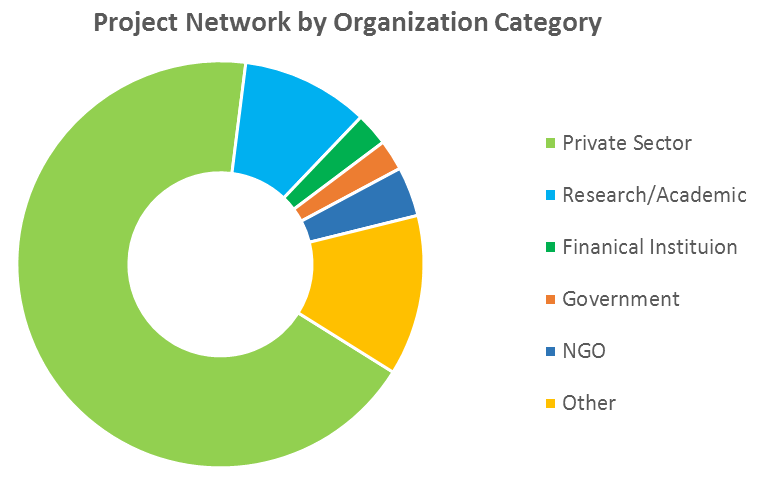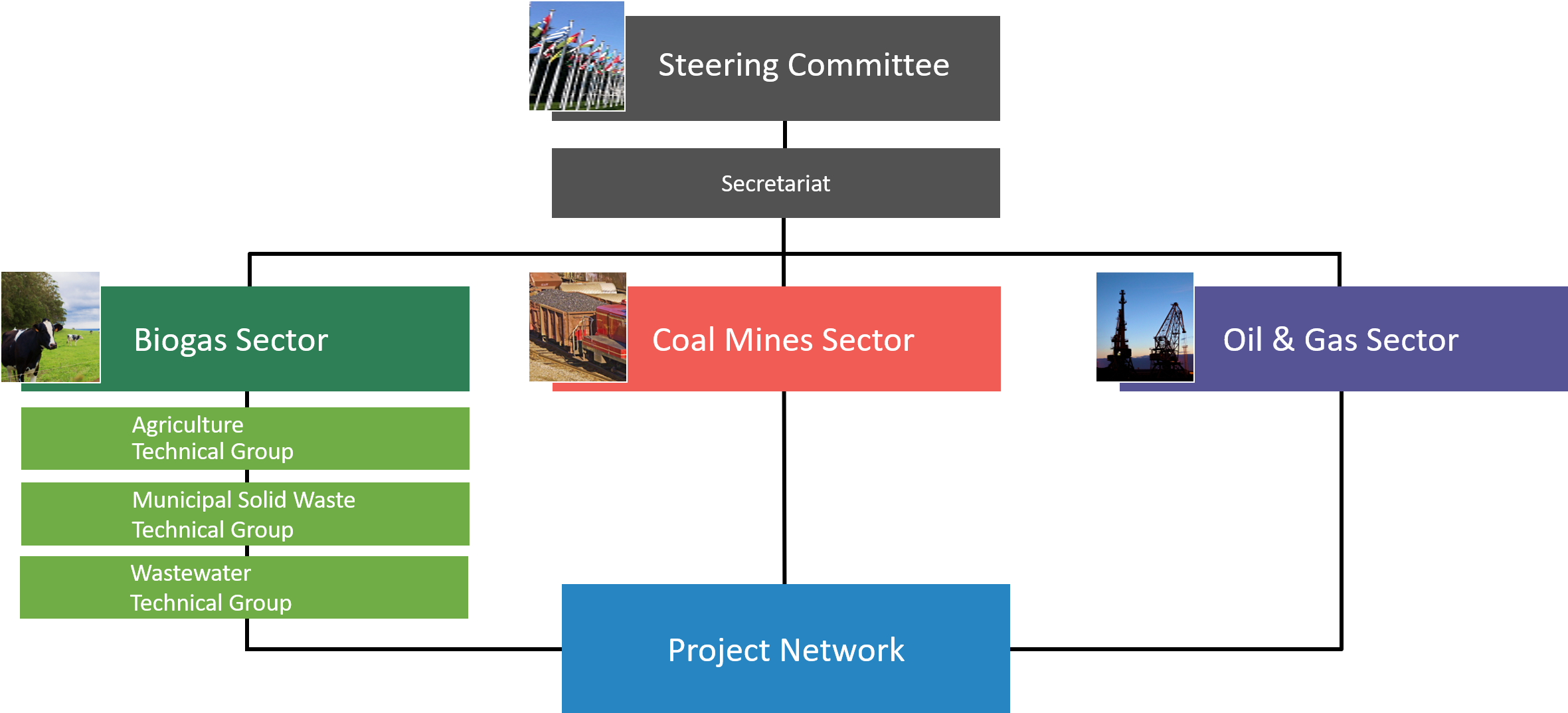Can the private sector and other organizations participate in GMI?
 Yes! Active involvement by private sector entities, financial institutions, and other non-governmental organizations is essential to build capacity, transfer technology, and promote private investment. GMI's Project Network connects organizations with similar objectives to exchange information and encourages collaboration and communication among Project Network Members.
Yes! Active involvement by private sector entities, financial institutions, and other non-governmental organizations is essential to build capacity, transfer technology, and promote private investment. GMI's Project Network connects organizations with similar objectives to exchange information and encourages collaboration and communication among Project Network Members.
What is the difference between a Partner and a Project Network member?
Partners are countries whose national governments sign the Terms of Reference document. Partners appoint delegates to represent their government on each subcommittee for the key sectors (i.e., Oil & Gas, Biogas, and Coal Mines) in which they have an interest. Partners may also have representatives on the Steering Committee.
The Project Network links organizations together to advance methane mitigation through communication, project development and implementation, and private-sector involvement. Members include private-sector companies, energy end users, local government organizations, research programs, financial institutions, and other non-governmental organizations. Project Network members are encouraged to attend subcommittee meetings, technical workshops, and other knowledge-sharing events.
